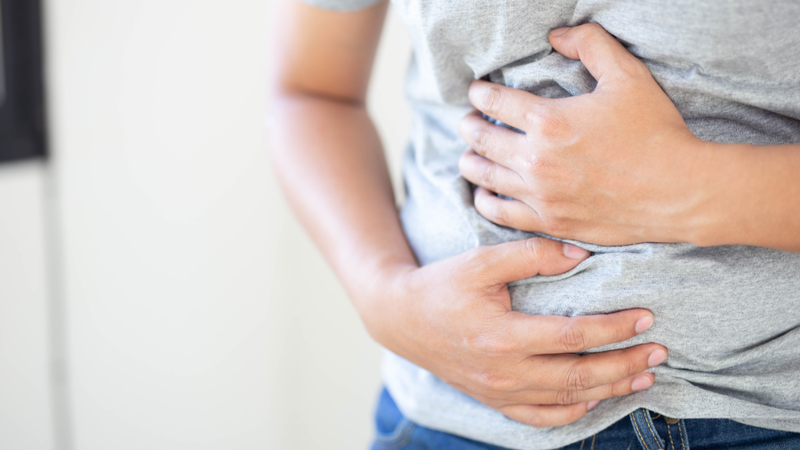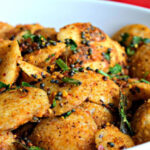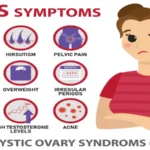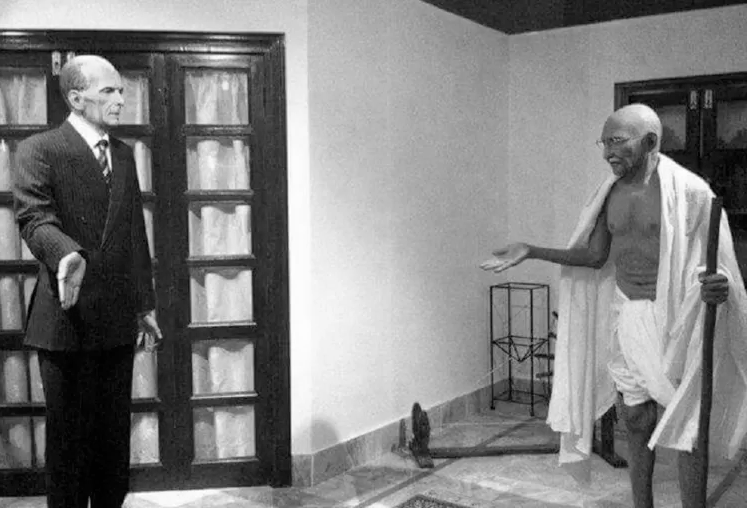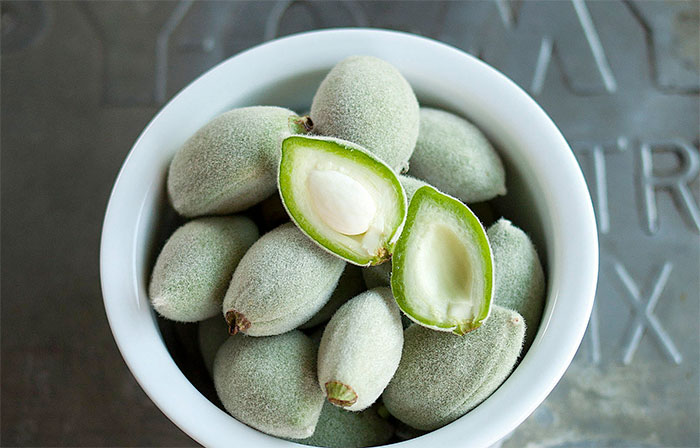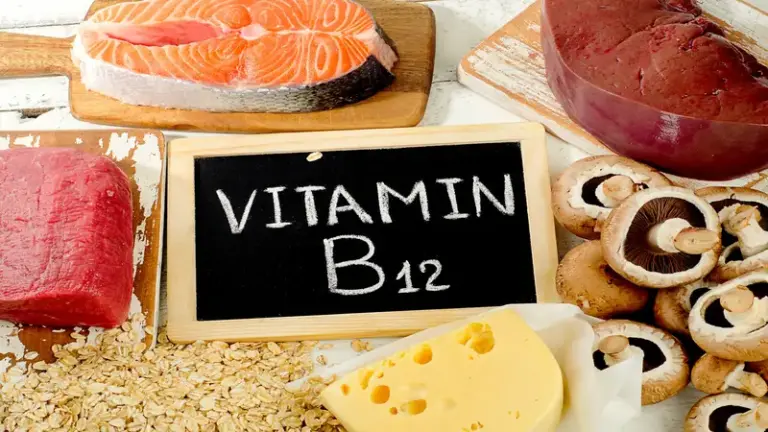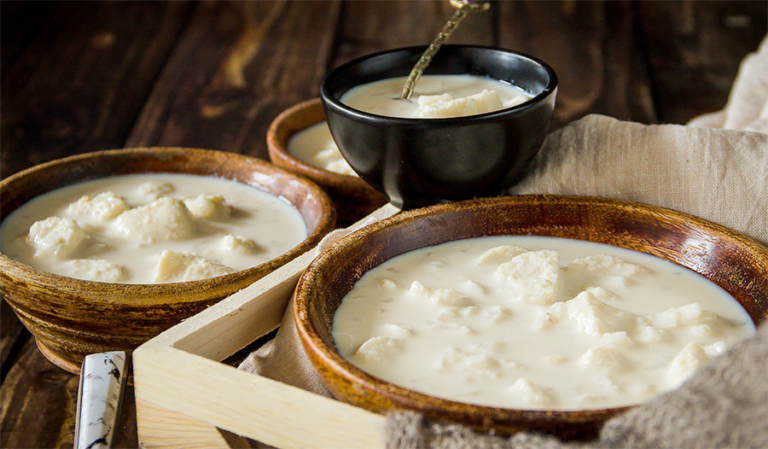Constipation is a common digestive problem that affects many people. It is characterized by infrequent bowel movements, difficulty passing stools, and hard, dry stools. While there are several treatments for constipation, including medication, lifestyle changes, and dietary modifications, some people believe that natural remedies like ghee and olive oil can help ease it.

Here’s what you need to know about using ghee and olive oil for constipation relief
Ghee for Constipation
Ghee is a type of clarified butter that is commonly used in Indian cuisine. It is made by heating butter to remove the milk solids and water, leaving only the pure butterfat. Ghee is believed to have several health benefits, including improving digestion and reducing inflammation. It is also believed to be effective in treating constipation.
Ghee is high in healthy fats, which can help lubricate the intestines and soften stools, making them easier to pass. It also contains butyric acid, a type of short-chain fatty acid that is produced by gut bacteria and is known to have anti-inflammatory properties. Butyric acid is also believed to help improve gut motility and reduce constipation.
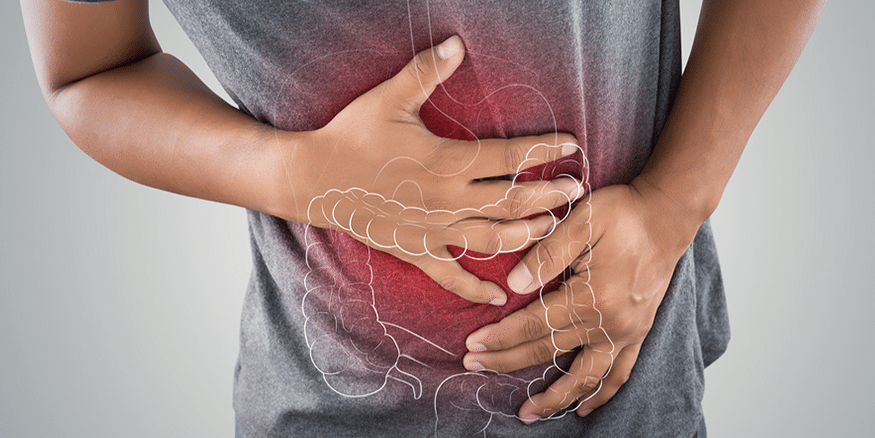
To use ghee for constipation relief, you can add it to your diet in various ways. For example, you can add a spoonful of ghee to your morning oatmeal or smoothie, or use it to sauté vegetables or cook eggs. You can also mix a teaspoon of ghee with warm milk and drink it before bedtime to help ease constipation.
Olive Oil for Constipation
Olive oil is a type of oil that is extracted from the fruit of the olive tree. It is commonly used in Mediterranean cuisine and is known for its health benefits, including reducing inflammation, improving heart health, and aiding digestion. Olive oil is also believed to be effective in treating constipation.
Like ghee, olive oil is high in healthy fats, which can help lubricate the intestines and soften stools. It also contains oleic acid, a type of monounsaturated fatty acid that is believed to have anti-inflammatory properties and can help improve gut motility.
To use olive oil for constipation relief, you can add it to your diet in various ways. For example, you can use it as a salad dressing or drizzle it over cooked vegetables. You can also mix a teaspoon of olive oil with warm water and drink it before bedtime to help ease constipation.
Precautions and Side Effects
While ghee and olive oil are generally safe for most people, there are some precautions and side effects to be aware of. First, it’s important to note that both ghee and olive oil are high in calories and fat, so they should be consumed in moderation as part of a balanced diet. Consuming too much fat can lead to weight gain and other health problems.
In addition, some people may experience side effects when using ghee or olive oil for constipation relief. These side effects may include diarrhea, abdominal pain, and nausea. If you experience any of these symptoms, you should stop using ghee or olive oil and consult your healthcare provider.
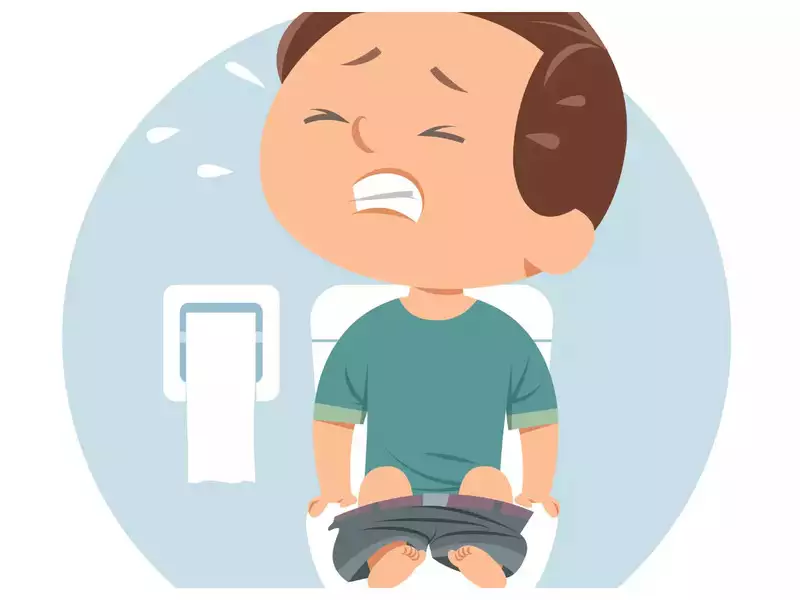
Finally, it’s important to note that while ghee and olive oil may be effective in easing constipation, they should not be used as a replacement for medical treatment. If you are experiencing chronic constipation or other digestive problems, it’s important to talk to your healthcare provider to determine the underlying cause and develop an appropriate treatment plan.
In conclusion, while there is some evidence to suggest that ghee and olive oil can help ease constipation. It needed more research is needed to confirm their effectiveness. If you choose to use ghee or olive oil for relief, be sure to consume them in moderation. Also, consult your healthcare provider if you experience any side effects.
(Disclaimer: The information given here is based on home remedies and general information. Before adopting it, definitely take medical advice. THE MONK does not confirm this.)

